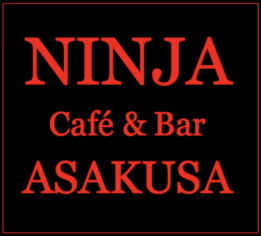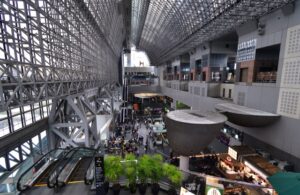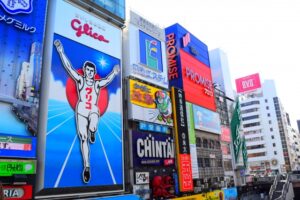Nijo Castle: A beautiful World Heritage with history and culture
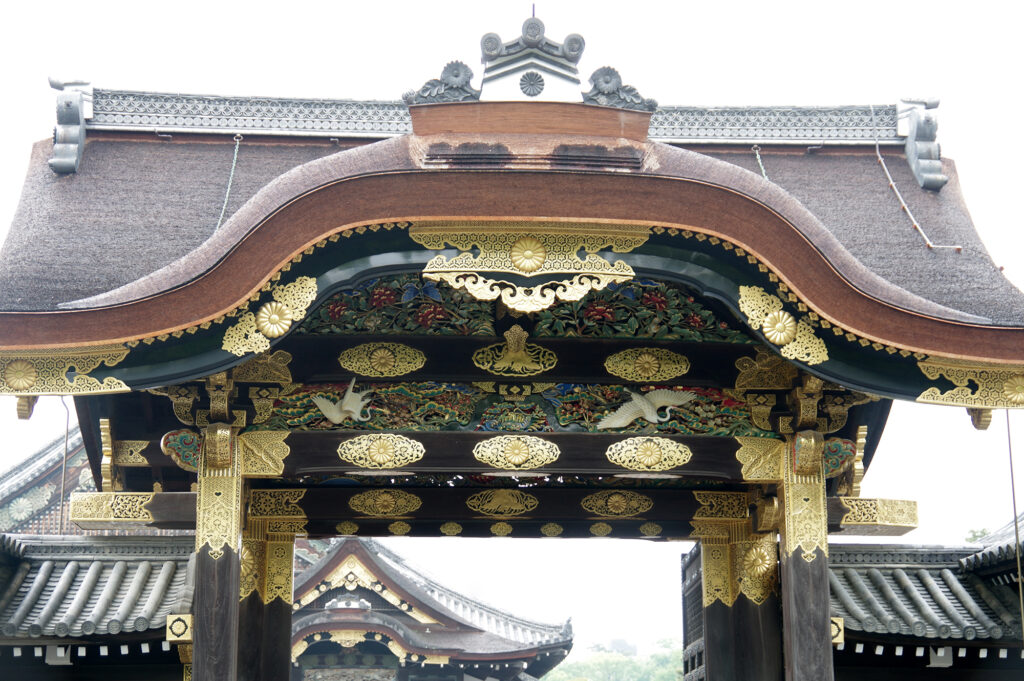
Located in the heart of Kyoto, Nijo Castle is a historical castle and a landmark of Kyoto.
It is a World Heritage Site with many highlights, including the Ninomaru Palace(a national treasure), beautiful gardens, and historical sites.
This article details the history of Nijo Castle, its highlights, how to get there, and recommended dining spots in the area.
Official name: Former Imperial Villa Nijo Castle
Opening hours: Monday to Sunday 8:45am - 5:00pm (Closed on 12/29-31)
Ninomaru Palace, one of the highlights, may have different opening days and times, so please check the official Nijo Castle website.
- History of Nijo Castle
- Highlights of Nijo Castle
- Access to Nijo Castle
- Recommended gourmet spots around Nijo Castle
1. History of Nijo Castle
Nijo Castle was built by Tokugawa Ieyasu in 1603.
Tokugawa Ieyasu was appointed by the Imperial Court as “Shogun” and was the highest political authority of the time.
Tokugawa Ieyasu established the Tokugawa Shogunate in 1603. (The Tokugawa Shogunate was in power for more than 260 years.)
Subsequently, the castle underwent extensive renovations, and a number of barrier paintings and other works were added to the Ninomaru Palace.
Nijo Castle is known not only as a place to accommodate the shoguns during the Edo period, but also as a place where important political decisions were made.
After the Meiji Restoration (after 1868), Nijo Castle became an imperial villa and was opened to the public in 1940.
In 1994, it was registered as a World Heritage site as one of the cultural properties of the ancient capital of Kyoto.
2. Highlights of Nijo Castle
National Treasure Ninomaru Goten
The highlight of Nijo Castle is the Ninomaru Palace, a National Treasure.
The building is designed to symbolize the power of the time, with gorgeous and gorgeous barrier paintings by the Kano school, the largest painting school in the history of Japanese painting.
Garden of Nijo Castle
Nijo Castle has three gardens: Ninomaru Garden, Honmaru Goten Garden, and Seiryuen Garden.
Ninomaru Garden
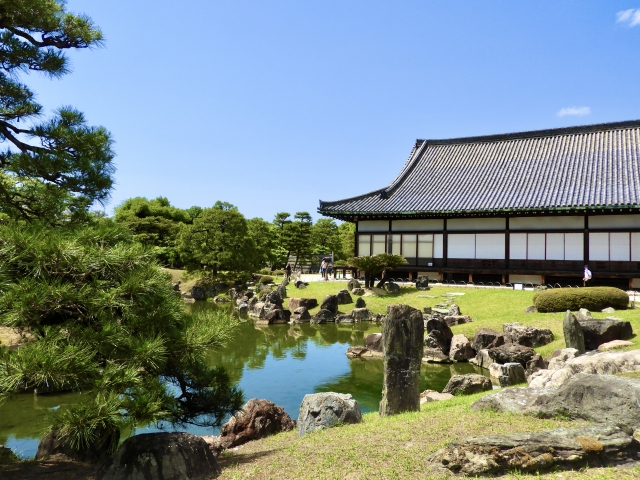
This garden is designated as a Special Place of Scenic Beauty.
It is a shoin-style garden (a type of garden integrated with the residence of a samurai family) with a pond in the center and islands on either side.
The garden is designed so that it can be viewed from three directions: from the hall of Ninomaru Goten, from Kuroshoin, and from Gyoko Goten(No longer in existence).
Visitors can enjoy the beautiful scenery from all four seasons.
Honmaru Goten Garden
This is a relocated version of the Katsuranomiya Palace, which was located in the northeastern part of the Kyoto Imperial Palace (where the emperor lived).
It is designated as an Important Cultural Property as the remains of a valuable palace building of the imperial family.
The garden is characterized by its elegant landscape with lawns and curving garden paths.
Seiryuen Garden
The eastern half of the garden is a Western-style garden with lawns, while the western half consists of a Japanese-style garden including two buildings, including a tea house, making it a practical garden as well as an ornamental one.
You can enjoy delicious tea and sweets at “Chabo Maeda,” which has a store in the teahouse “Warakuan” in Nijo Castle.
Strategically built castle
Nijo Castle was built by the Tokugawa family under the Imperial Court and was meant to show the dignity of the shogunate.
Therefore, rather than being a strategic castle to prepare for battle, it was a castle that focused on the grand and gorgeous parts and showed them off inside and outside.
However, the castle was designed in a variety of ways to prepare for enemy attacks.
Honmaru Yagura-mon Gate
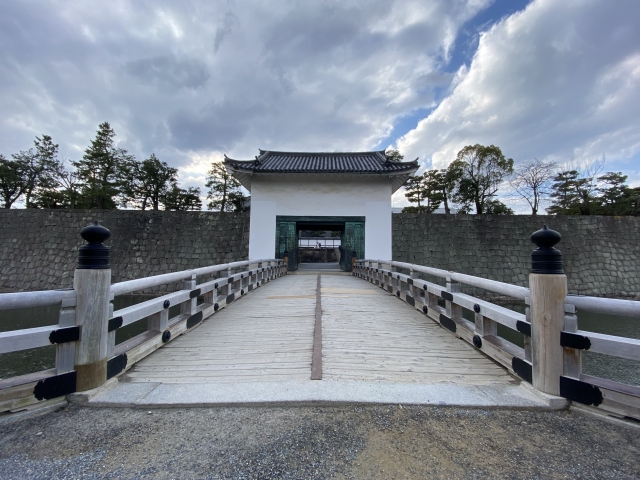
This gate stands at the entrance to the castle.
In times of battle, a wooden bridge could be dropped to prevent the enemy from entering the castle.
Water moat
The Honmaru Palace of Nijo Castle is surrounded by a 5-meter-deep water moat.
This is a device to prevent enemy attacks.
Well, a ninja would surely be able to conquer it!
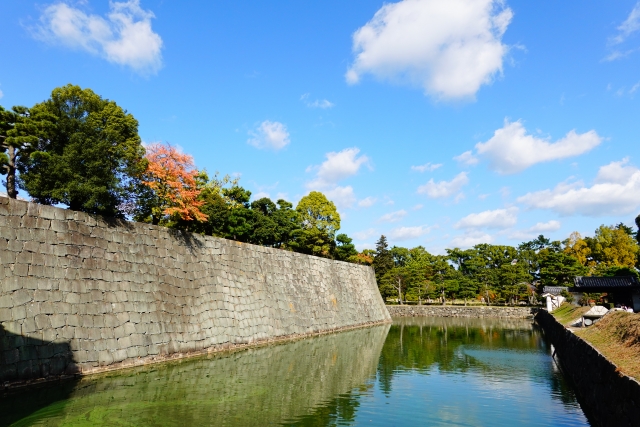
3. Access to Nijo Castle
Nijo Castle is located in Nakagyo-ku, Kyoto City and is easily accessible.
By train: Take the subway Karasuma Line from Kyoto Station to Karasuma-Oike Station, then change to the subway Tozai Line and get off at Nijo-jo-mae Station. Then it's about a 5-minute walk.
Bus: Take a city bus from any station in Kyoto City and get off at “Nijojo-mae” bus stop.
4. Recommended gourmet spots around Nijo Castle
There are various gourmet spots around Nijo Castle.
Kyo Yuba Restaurant Seike Nijo Castle Branch
You can enjoy yuba, a famous Kyoto delicacy.
Vegan and kid-friendly menus are also available.
Reservations are required.
Seike's official website
Gonbei West
Delicious udon and soba noodles are available! Reservations are recommended.
Gonbei West's official website
Yamabiko Restaurant
In a retro Showa-era, folksy atmosphere, Yamabiko offers a variety of curry udon noodles, as well as sukiyaki udon and Kyoto-style miso nikomi udon.
Bowls of rice and sushi are also available.
Yamabiko's official website
What are we?
We run Ninja Experience Cafe in Tokyo, Kyoto and Osaka, Japan.
Here you can immerse yourself in Japanese culture through experiencing ninja training.
Both adults and children are welcome to try their hand at defeating the ninja master inside the cafe.
The cafe is an indoor interactive zone, so it can be enjoyed even on rainy days.
If you are thinking "I want to be a real ninja too!” or interested in becoming a real ninja, please visit us.
Reservations can be made here.
Unauthorized copying and replication of the contents of this site, text and images are strictly prohibited.
